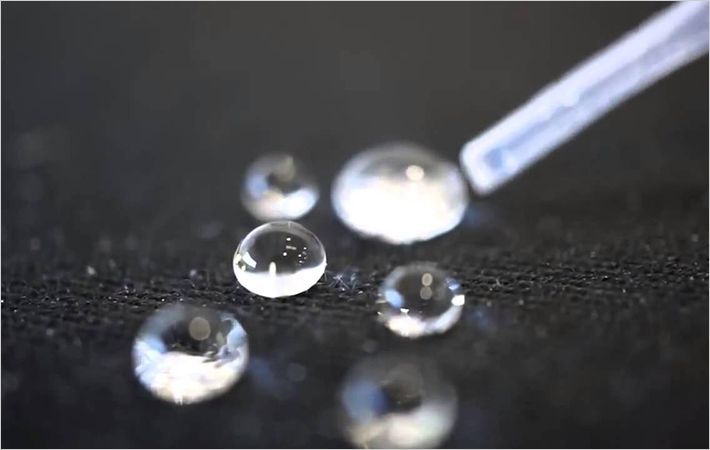New electronic stocking monitors fluid retention in the legs and sends data to the hospital, so doctors can respond quickly. Heart failure patients, and pregnant women at risk from pre-eclampsia, can benefit from the invention.
It is estimated that approx. 10 million Europeans suffer from chronic heart failure CHF. A significant part of these are admitted to hospital regularly, and the mortality rate for these patients 1 year after diagnosis is about 20%. New electronic stocking monitors fluid retention in the legs and sends data to the hospital, so doctors can respond quickly. Heart failure patients, and pregnant women at risk from pre-eclampsia, can #
Heart failure is treated with a broad spectrum of drugs, including diuretics that stabilize the body's fluid balance and reduce the heart's workload. Patients with heart failure can have a relatively good quality of life in stable periods, but during periods of deterioration – which often happen rapidly – patients often become critically ill and undergo uncomfortable, complex and very expensive hospital treatment.
The intelligent stocking registers danger signs, when the patient is still at home, and thereby pre-empts acute and life-threatening conditions for these patients.
For pregnant women too
The incidence of pre-eclampsia has been estimated between 5% - 14% of all pregnancies globally. Most cases are mild, but the condition can be critical and in principle also life-threatening, if the proper treatment is not deployed and monitored in time.
Pre-eclampsia is a condition where pregnant women develop fluid retention (universal oedema), high blood pressure and renal failure.
Together with daily measurement of blood pressure and use of urine-sticks, the intelligent stocking is an instrument for home monitoring of pregnant women under observation for pre-eclampsia. The expectant mother is saved from doctors visits, and the stocking provides greater everyday security.
The idea comes from Skejby doctors
The idea for the intelligent stocking originally came from a professor in experimental heart surgery, J. Michael Hasenkam, who wanted to find a simple, effective and reliable way to monitor patients undergoing medical treatment for heart failure.
Aarhus based Ohmatex, who already work with intelligent textiles, developed the stocking and this has resulted in an independent company Edema ApS that is jointly owned by Ohmatex and Hasenkam. The first version of the stocking has been both designed and developed. The stocking detects the small changes in leg volume using an integrated textile strain gauge sensor.
Data are transferred from the stocking via a Bluetooth connection to a mobile phone in real-time, and subsequently sent as encrypted emails to the hospital, where doctors can view a graph of fluid retention.
Ready for clinical trials
The product will now be systematically clinically evaluated and Ohmatex and Hasenkam are therefore seeking collaborative partners, who are interested in using the product for research and new treatments. The product is very suitable for inclusion in larger telecare initiatives.
Ohmatex

